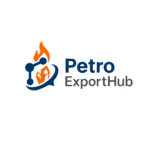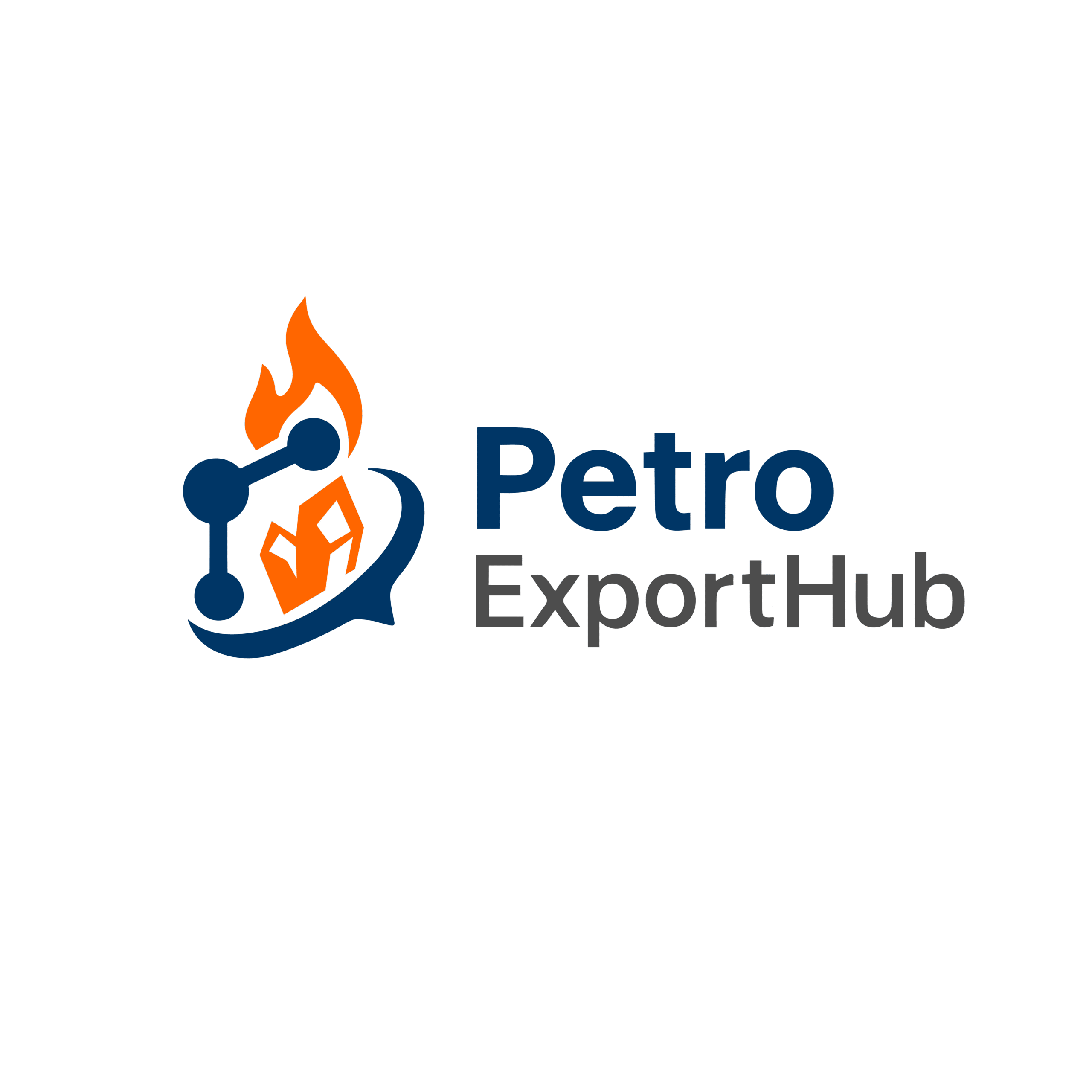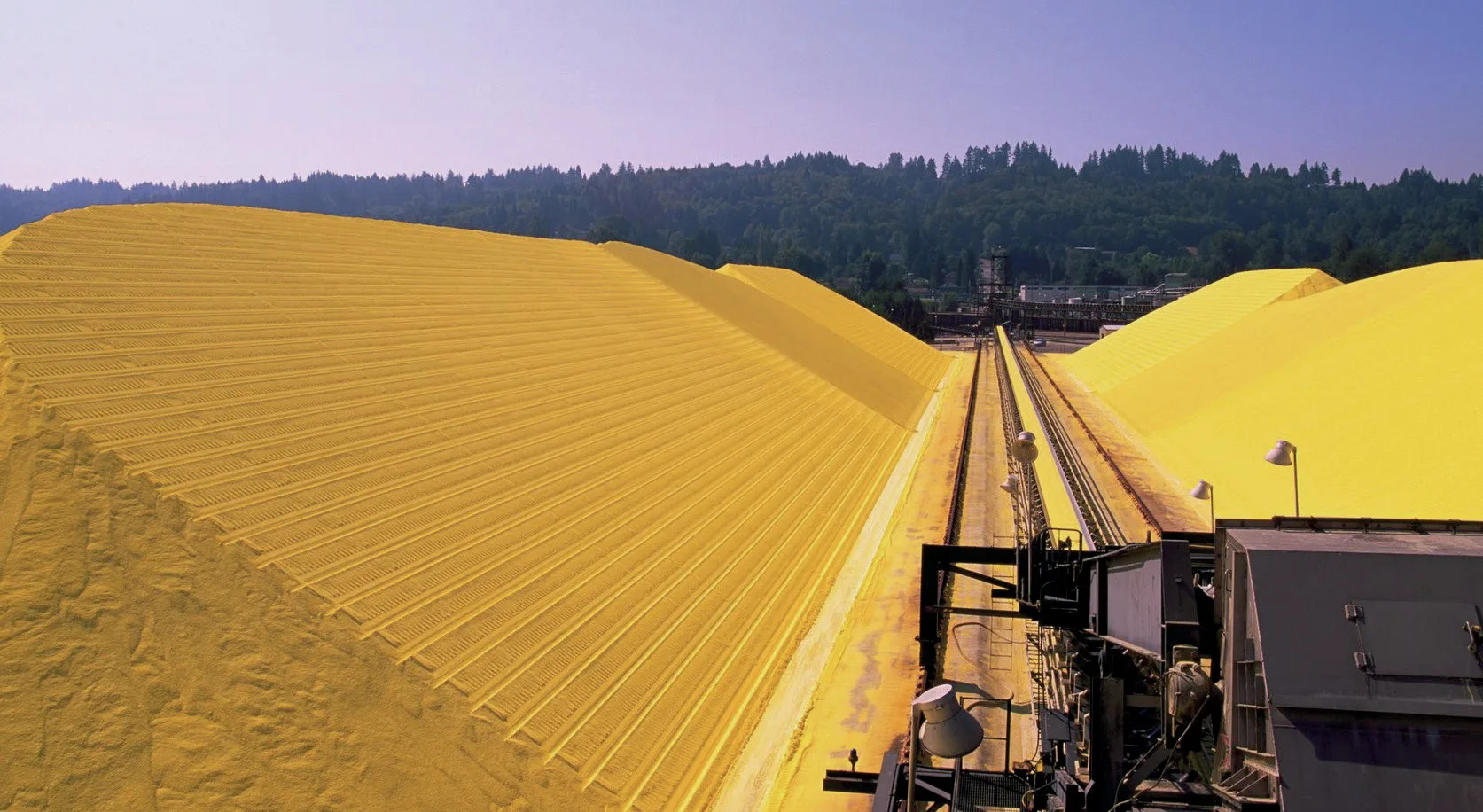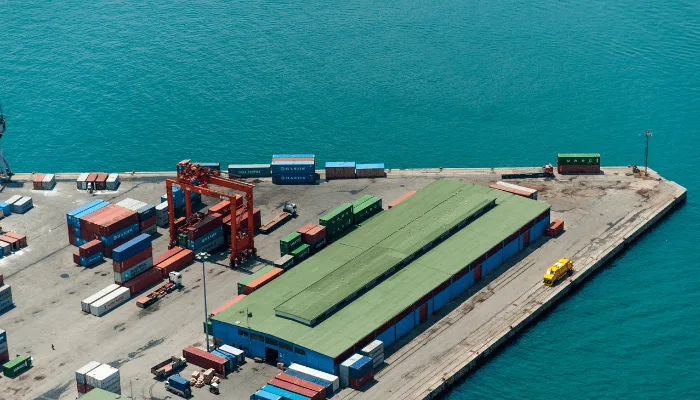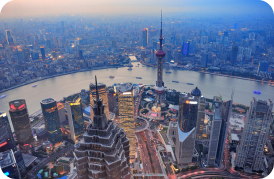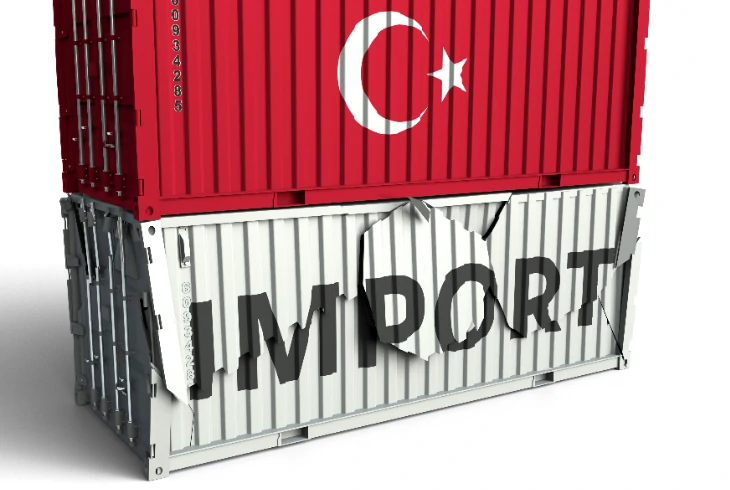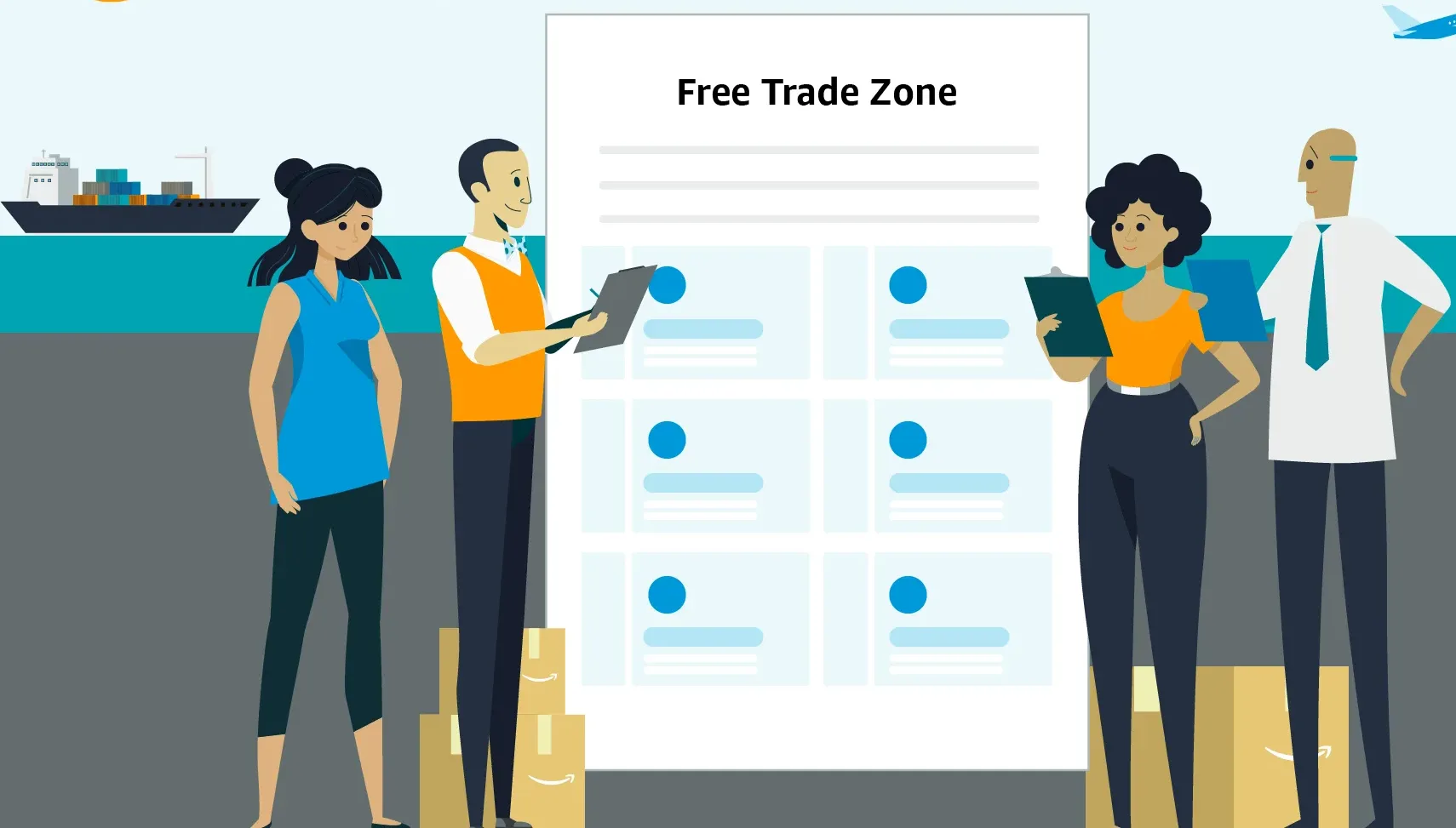
The Role of Free Trade Zones in Boosting Petrochemical Exports
Introduction
The petrochemical industry is one of the largest drivers of global trade, with products like PE100B, base oil SN150, and monoethylene glycol (MEG) being exported in massive volumes. However, exporters often face barriers such as high tariffs, complex customs regulations, and logistical delays.
This is where Free Trade Zones (FTZs) play a transformative role. By providing tax exemptions, simplified customs, and world-class logistics, FTZs create a competitive edge for exporters. For countries like Iran, the UAE, and Turkey—strategically located between Asia, Europe, and Africa—FTZs are becoming critical hubs for petrochemical exports.
1. What Are Free Trade Zones (FTZs)?
Free Trade Zones are special economic areas where goods can be imported, processed, stored, and re-exported with minimal regulatory barriers.
Key features include:
No import/export tariffs within the zone.
Simplified customs clearance.
Access to advanced port and logistics facilities.
Incentives for foreign investors and suppliers.
2. Why FTZs Matter for Petrochemical Exports
Petrochemical products are high-volume and high-value. Any delay or tariff increase directly impacts PE100B price, base oil SN150 pricing, or monoethylene glycol supplier offers. FTZs solve these challenges by:
Reducing overall logistics and freight costs.
Providing faster access to international shipping routes.
Offering storage solutions for bulk cargo like solvents, resins, and base oils.
Encouraging buyers to source directly from FTZ-based exporters.
3. Leading Free Trade Zones for Petrochemical Trade
| Region | Key FTZs | Strengths in Petrochemicals |
|---|---|---|
| Middle East | Jebel Ali FTZ (UAE), Kish FTZ (Iran), Sohar FTZ (Oman) | Strategic access to GCC & Asia, strong shipping infrastructure |
| Asia | Shanghai FTZ (China), Port Klang FTZ (Malaysia) | Massive demand for PE100B & MEG, integrated logistics |
| Europe | Rotterdam FTZ (Netherlands), Antwerp FTZ (Belgium) | Entry point for EU markets, advanced terminals |
| Africa | Tanger Med FTZ (Morocco) | Gateway to Africa & Europe, growing energy demand |
4. Benefits of Using FTZs for Exporters
Cost Competitiveness: Exporters can offer better PE100B price due to duty exemptions.
Flexibility: Products can be repackaged, blended, or relabeled before re-export.
Market Reach: Easy access to regional buyers in GCC, CIS, and South Asia.
Financial Incentives: Tax breaks, simplified currency exchange, and support for trade finance.
5. Challenges and Limitations of FTZs
Over-dependence on a single FTZ may create supply chain risks.
Limited FTZ capacity for hazardous chemicals.
Compliance with international environmental and safety regulations.
Competition between regional FTZs may impact profitability.
6. Case Study: Jebel Ali Free Zone (UAE)
Jebel Ali is one of the largest FTZs globally, hosting over 500 petrochemical companies. Exporters use it to store and ship bulk cargo such as monoethylene glycol, PE100B resins, and base oils to Asian and European buyers.
Advantages:
Proximity to Jebel Ali Port (top 10 busiest ports globally).
Integrated trade finance services for LC transactions.
Growing digital infrastructure for customs clearance.
7. Future Outlook for FTZs in Petrochemicals
Digitalization: Blockchain-enabled customs clearance will reduce delays.
Green Trade Zones: New FTZs are focusing on sustainability and eco-friendly logistics.
Regional Expansion: More FTZs in Africa and South Asia will support demand growth for petrochemicals.
Global Competition: Exporters will increasingly choose FTZs that provide the lowest logistics cost and fastest routes.
FAQs
Q1: Why are FTZs especially important for petrochemical exports?
Because they reduce costs and simplify logistics for high-volume products like PE100B and base oil SN150.
Q2: Can buyers source directly from FTZ warehouses?
Yes, many buyers prefer sourcing directly from FTZs due to faster delivery and lower monoethylene glycol price.
Q3: Are FTZs safe for storing hazardous petrochemicals?
Most modern FTZs include specialized chemical storage facilities, but compliance with international safety standards is essential.
Q4: Which FTZ is most important for Iran’s exports?
Kish Island FTZ and Chabahar Free Zone are strategic for reaching both Asia and Europe.
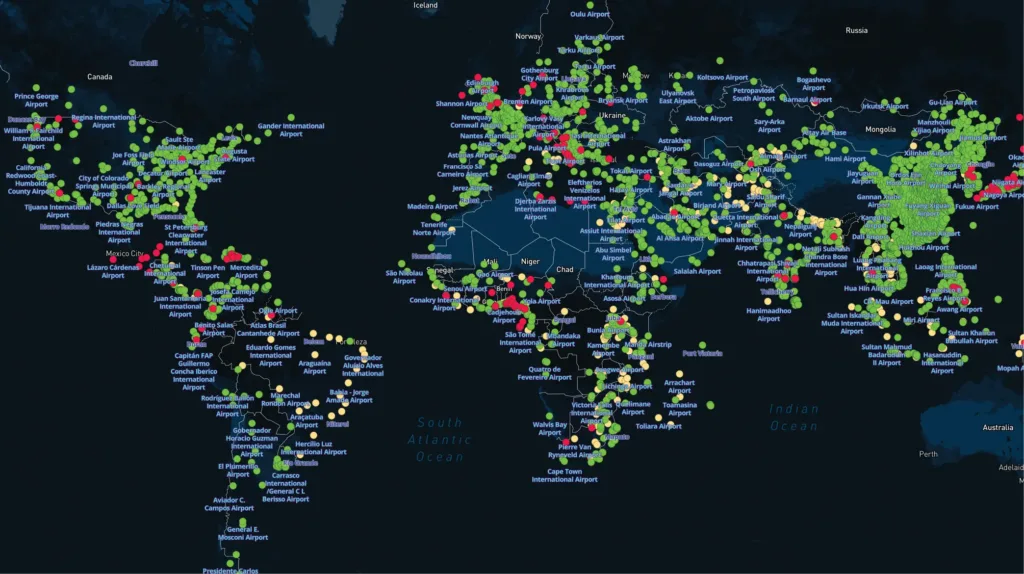
Would you be looking for suppliers in Iran?
- Contact Us today and get connected with producers and export-ready logistics.
- sales@PetroExportHub.com

Related posts
Mono Ethylene Glycol (MEG) serves as a cornerstone for modern antifreeze and coolant formulations, offering reliable freezing protection and heat resi . . .
Explore Solvent 100’s specs, uses, and export opportunities from Iran. Ideal for paint, ink, and adhesive buyers in India, Turkey, UAE, and Africa. . . .
Explore everything you need to know about exporting sulphur from Iran in 2024 — including types, packaging, documents, ports, prices, and top import . . .
Explore Iran’s top ports for petrochemical exports, including Bandar Imam Khomeini, Assaluyeh, and Bandar Abbas. Compare infrastructure, accessibili . . .
Learn the key differences between polypropylene (PP) and polyethylene (PE), their applications, advantages, and how to choose the right polymer for yo . . .
Discover how a Turkish plastics manufacturer reduced costs by 22% through importing HDPE from Iran. Real-world case study by PetroExportHub. . . .
Learn why Iran is a leading exporter of polyethylene (PE). Discover grades, global applications, and how PetroExportHub connects buyers with top suppl . . .
We are here to answer your questions....
Petro Export Hub
PetroExportHub specializes in the export of premium-grade petrochemicals, minerals, and industrial chemicals from Iran, serving international markets with reliability, transparency, and tailored logistics solutions
Tehran Office
Phone:
+989127607241
Address:
Tehran..
German Office
TEL :
+4915161647487
Address:
Heilsbronne 99441, Nuremberg
Quick Access
Quick Access
- Contact Our Sales Team
- Frequently Questions
- Shipping & Logistics
- Become a Partner
- Certificatins & Quality
